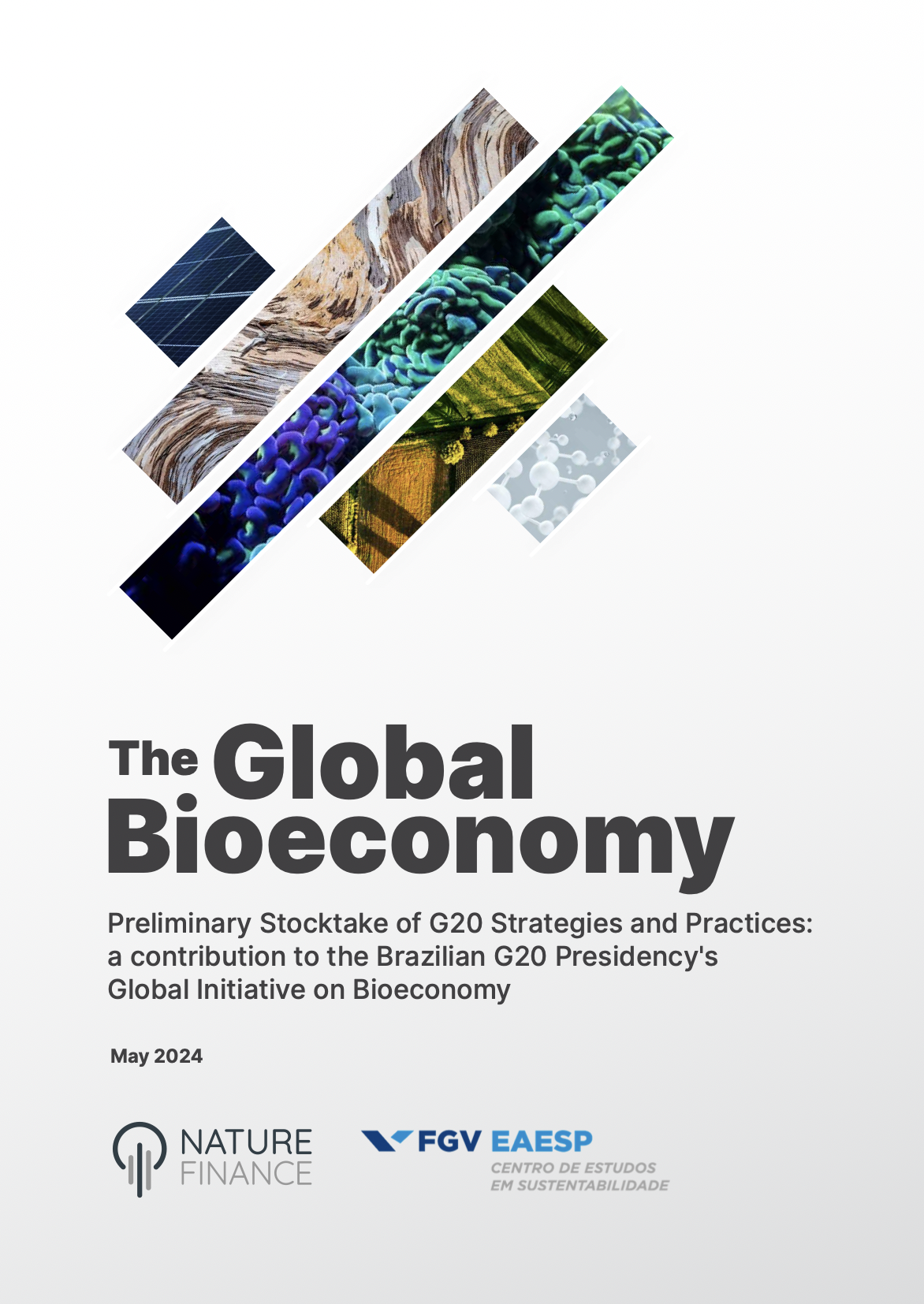Nature is economically productive and financially rewarding, concluded Professor Dasgupta. But if there is so much money to be made by doing the right thing, why is our natural capital continuing to deteriorate at such a rapid rate,”as if we have a spare [planet],” according to UN Secretary General António Guterres?
Nature-based solutions is the optimist’s code for a three-fold win- win by making money from investing in nature that supports our climate change efforts. Indeed, developments such as Nature Performance Sovereign Bonds add another upside in mitigating the debt crisis facing developing countries whose economies have been struck down by the pandemic.
Such optimistic innovation needs, however, to be set alongside the scale of the systemic challenge. Many of today’s businesses, markets and economies are viable only because they do not pay for the damage they do to nature and their climate- changing emissions. The International Monetary Fund (IMF) estimated the value of negative externalities of carbon- intensive energy systems at a staggering $5.3 trillion annually.
The World Bank estimates that the $8 trillion-a-year food system generates a catastrophic $6 trillion worth of negative externalities, mainly damage to nature and undermining efforts to address climate challenges.
“Many of today’ s businesses, markets and economies are viable only because they do not pay for the damage they do to nature and their climate-changing emissions.”
The problem is systemic, so our solutions must be too. The rapid scaling of profitable opportunities needs to be super-charged by a more systemic approach to reshaping markets and economies in ways that reward nature-friendly, and penalise nature-destroying, investments.
The Task Force on Nature-Related Financial Disclosures (TNFD) is an important step in doing just that, by integrating nature into financial and economic decision-making. But building these foundations will take time, and their impact will be too little and too late unless complemented by action on multiple fronts.
NatureFinance (formerly known as Finance for Biodiversity (F4B)) has recently released a response to the Dasgupta Review.

It assesses it against a framework for action set out in our report ‘Aligning Global Finance with Nature’s Needs: A Framework for Systemic Change’.

The framework is made up of six core recommendations that, taken together, would result in global financial flows being largely consistent with the protection and restoration of nature:
- Disclose impacts on biodiversity: financial institutions should nature- stress-test their balance sheets, and disclose actual and expected nature impacts as well as material financial risks –the ‘double materiality’ approach embraced by the TNFD.
- Advance citizens’ biodiversity choices: citizens need to have the right and means to express and enforce their preferences in the use of their savings, pensions and taxes, supported by law as is now the case for EU-based pension funds, and powered by digital innovations.
- Create liability for biodiversity: financial institutions as well as borrowing businesses should be liable for the nature impacts of illegal actions arising from their lending and investments, through regulated extended environmental financing liabilities underpinned by linking environmental crimes to anti-money laundering rules.
- Align public finance with biodiversity: public bodies should transparently align all public finance to nature-related policies and commitments, by changing public procurement rules, repurposing the $700 billion or so annual agricultural subsidies, and insisting that the world’s development finance institutions nature-stress-test their combined $11.2 trillion portfolios.
- Align private finance with public policy: regulators should ensure that financial institutions’ activities are consistent with nature-related public policies and commitments, for example by building such alignment in licensing arrangements and access to public procurement opportunities.
- Integrate biodiversity into financial governance: institutions governing global finance should align the enactment of their mandates with nature-related public policies and goals, in the first instance by publicly explaining the past and likely impacts of their decisions on nature.
Embracing this six-part framework would convert us into champions and beneficiaries of tomorrow’s global economy – if indeed there is to be one.Critically, the framework for action would catalyse and expand the potential for the right kind of profitable market innovation, by dramatically tilting the global economic playing field in favour of nature-friendly investments, businesses, and economies.
First published in Environmental Finance








